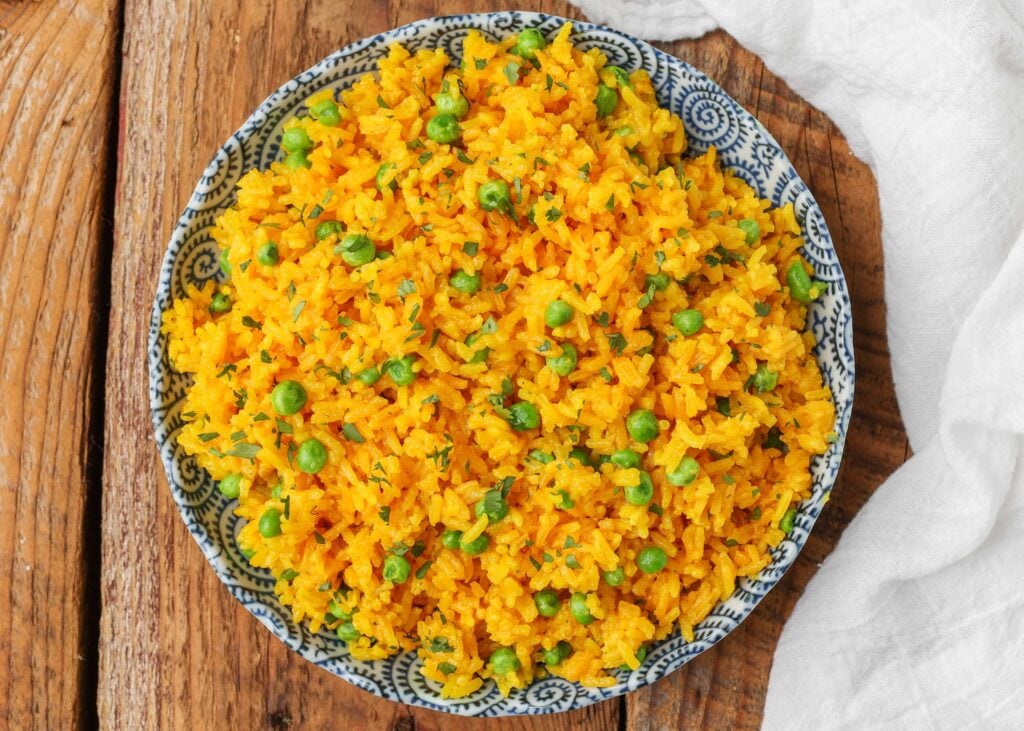What to know about vegan diets:
A vegan or plant-based diet prohibits all animal products, such as meat, dairy and eggs. When followed properly and a vegan diet can be very nourishing, reduce the risk of chronic diseases, and help people to lose weight. Vegetarian diets typically contain a high amount of nutrients and few saturated fats. According to research, eating right can reduce the risk of type 2 diabetes and prevent cancer and heart health diseases. However, individuals who consume only plant-based foods need to be more knowledgeable about how to obtain specific nutrients, such as iron, calcium and vitamin B-12.
Image Source: images.everydayhealth.com
Eating only foods made of plants is the definition of a vegan diet. This diet forbids the consumption of any meat, dairy, or eggs. Others refrain from consuming honey. Some people choose to be vegan as a lifestyle choice as well as a dietary choice. In addition to avoiding food and drink made from animals, vegans may also choose to avoid clothing, soaps, and other items made from their hides or fur. Some people adopt this way of life in order to benefit the environment by eating sustainably. Vegetables, fruits, beans, nuts, and seeds frequently make up a vegan diet. A wide range of essential vitamins, minerals, healthy fats, and protein can be obtained by consuming a variety of these foods. The key nutrients that people typically consume in animal products should be obtained by those who follow this diet, though. Iron, protein, calcium, vitamin B-12, and vitamin D are some of these nutrients.
Vegan vs. Vegetarian:
Image Source: rawmunchies.org
Although vegetarians don't eat meat (including that from cows, pigs, chickens and fish), they do consume dairy products like eggs, milk etc. This is the main distinction between vegetarians and vegans. All foods containing ingredients from animals are forbidden in the vegan diet. Since the vegan diet is more limited, people will need to consider more about where their nutrients are coming from to make sure they are meeting their daily nutritional needs. However, those who adhere to this diet should take care to obtain important nutrients that people typically consume in animal products. The vitamins B-12, D, calcium, iron and protein that make up this group of nutrients are also listed.
Benefits:
Vegan diets can deliver all the nutrients an individual requires and can also reduce some of the potential risks that research has linked to harmful animal fats. The vegan diet has been linked in research to a number of health advantages, including those listed below.
Better heart health:
Image source: better. net
A large scale study published in 2019 found that adults with higher intakes of plant based foods have a lower risk of heart disease and mortality. Animal products such as meat, butter and cheese are primary dietary source of saturated fats. The American Heart Association (AHA)Trusted Source claims that consuming these fats raises cholesterol levels. High cholesterol levels increase the risk of strokes and heart attack. Further, plant-based foods are high in fibre and are associated with better heart health, according to the AHA Trusted source. While plant-based foods like grains and vegetables are the best sources of fibre, animal products typically contain very little.
Lower cancer risk:
Image Source: cancertherapyadvisor.com
A 2017 review found that adopting a vegan diet may cut cancer risk by 15%. Plant foods are rich in fiber, vitamins, and phytochemicals, which are biologically active compounds found in plants and which have been shown to reduce the risk of cancer. This health benefit may be a result of these nutrients. Research on how diet may affect a person's risk of developing a particular cancer has yielded conflicting findings. However, the International Agency for Research on Cancer states that red meat is "probably carcinogenic," noting that studies have connected it to colorectal cancer, pancreatic cancer, and prostate cancer in addition to other types of cancer. Additionally, the agency claims that processed meat is carcinogenic and may result in colorectal can these potential risks are eliminated when red and processed meats are cut out of the diet. Research on how diet may affect a person's risk of developing a particular cancer has yielded conflicting findings. Red meat has been associated with several types of cancer, primarily colorectal cancer but also prostate cancer and pancreatic cancer, according to the International Agency for Research on Cancer. In addition, the agency states that processed meat is potentially carcinogenic and can result in colorectal cancer. These potential risks are eliminated by cutting out red and processed meats from the diet.
Weight loss:
Image Source: verywellfit.com
In a 2015 study, the authors found that vegan diets were superior to omnivorous, semi-vegetarian, and pesco-vegetarian diets in terms of weight loss and macronutrient provision. Many animal foods are high in fat and calories; therefore, switching to low-calorie plant-based foods can aid in weight management. However, it's important to keep in mind that consuming a lot of processed or high-fat plant-based foods, also known as a "junk food vegan diet," can result in unhealthy weight gain.








